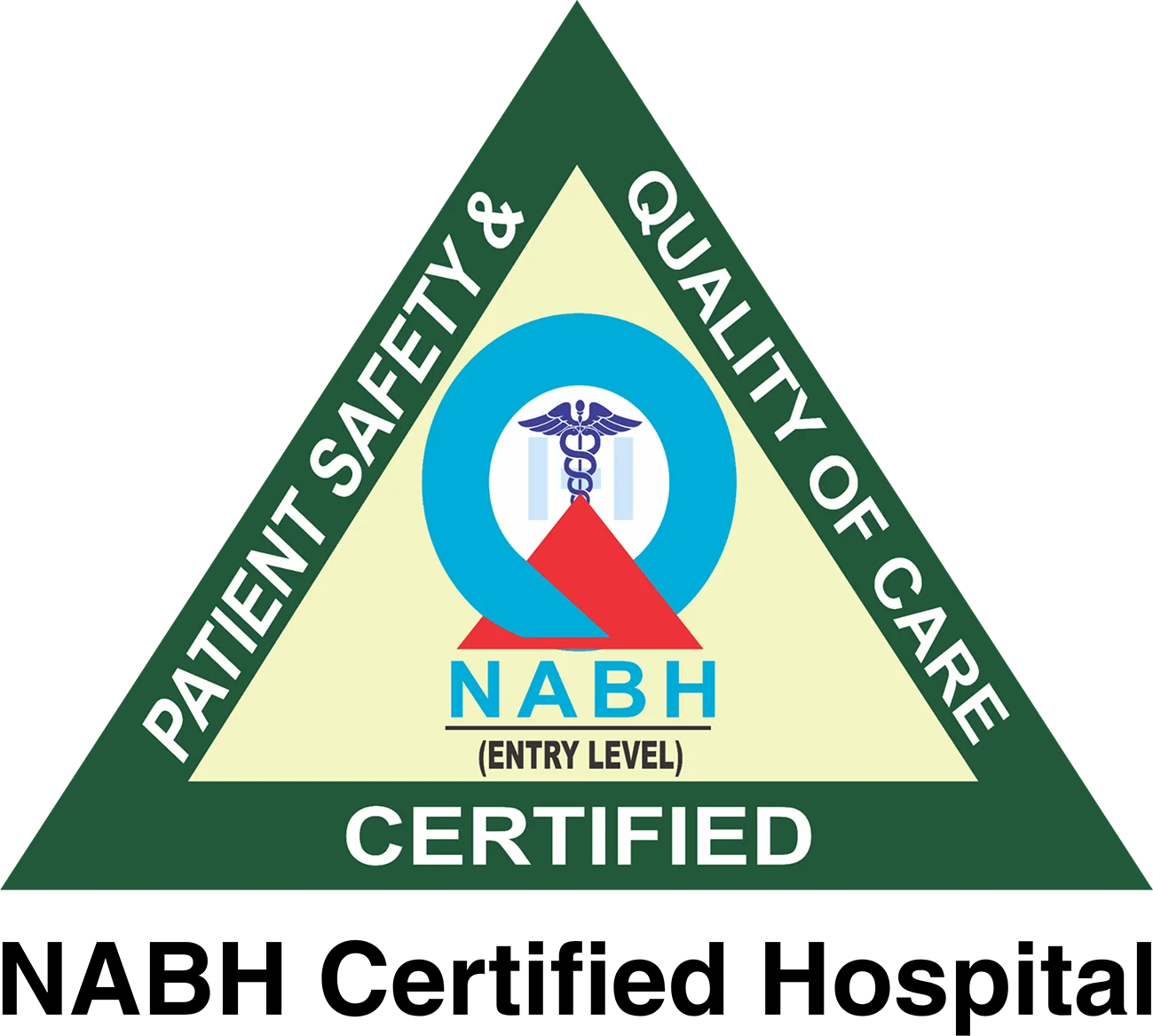Child vaccinations
- Home
- /
- Child vaccinations
Vaccinate your child now, protect their future !
Vaccinations or immunisation to your baby and child is very important and should not be missed. Immunizing your child is a crucial step in safeguarding their health. Vaccines play a vital role in helping children build immunity against serious illnesses, including tuberculosis (TB), which can be life-threatening. It’s essential to ensure that your child receives all the recommended vaccinations from birth until they are 18 years old. Adding to the importance of vaccinations, they are not only a protective shield for your child but also for the community. Vaccinations help in creating herd immunity, which is critical in preventing the spread of contagious diseases. They are rigorously tested for safety and effectiveness, ensuring that your child is receiving the best possible defense against preventable diseases.

How to get a vaccine for your child :
- Immediately after childbirth, our paediatrician will assess your baby and gives you a neonatal report.
- At the time of birth or during discharge, three initial vaccines are given – BCG, Polio and Hepatitis B.
- You will be given a child vaccination schedule along with due dates and vaccines to be given for your child till 18 years of age.
- To get your child vaccinated, simply call us on the day of vaccinations or you can book a home service to get the vaccine in your home.
- In case even you forget the due date, we will remind you on the day of vaccination.
- Be careful to note that there can be some adverse reactions post vaccination to your child. So we advise you to stay in our hospital for atleast an hour before going home.
Remember, immunization not only saves lives but also contributes to a healthier future generation. By keeping up with the immunization schedule, you’re taking a significant step towards the well-being of your child and society at large. A comprehensive vaccination chart, according to National Immunization Schedule, has been provided for your reference.
For detailed information and personalized advice, it’s best to consult with your pediatrician.
Vaccination against cervical cancer :
Cervical cancer is a preventable disease, and the key to this prevention is the Human Papillomavirus (HPV) vaccine. This is a significant step towards fight against cervical cancer. This vaccine is effective against multiple variants of HPV and is nearly 100% effective in preventing cervical cancer when administered to girls before sexual exposure, between the ages of 9 – 14 years.
The dosage recommendations are :
- A one or two-dose schedule for girls aged 9-14 years.
- A one or two-dose schedule for girls and women aged 15-20 years.
- Two doses with a 6-month interval for women older than 21 years.
By increasing access to these life-saving vaccines, we can avert unnecessary illness and death.
For more information and to schedule your vaccination, please contact our medical team or you can schedule a home service.
*For more information and to schedule your vaccination, please contact us or you can schedule a home service.
FAQ
Why are vaccines given at such an early age?
Vaccines are given at an early age because the diseases they prevent can strike at an early age. Some diseases are far more serious or common among infants or young children. For example, up to 60% of severe disease caused by Haemophilus influenzae type B occurs in children under 12 months of age. Again, the age at which a particular vaccine is given to your child also depends upon the area you live in and severity of the disease in that area.
What if my child misses a dose of vaccine?
They can continue the series where they left off. Vaccinations are not rendered invalid and do not have to be repeated when there is a longer-than-recommended interval between doses in a series.
Do vaccines always work?
Vaccines work most of the time, but not always. Most childhood vaccinations work between 90% and 100% of the time. Sometimes, though, a child may not respond to certain vaccines, for reasons that aren’t entirely understood.
How safe are vaccines?
They are very safe. But like any medicine, they are not perfect. They can cause reactions. Usually these are mild, like a sore arm or slightfever. Serious reactions are very uncommon. Your health-care provider will discuss the risks with you before your child gets each vaccine. The important thing to remember is that vaccines are much safer than the diseases they prevent.
What will happen if my child doesn’t get his vaccinations?
One of two things could happen:
- If your child goes through life without ever being exposed to any of these diseases, nothing will happen.
- If your child is exposed to one of these diseases, there is a good chance he will get it. What happens then depends on the child and the disease. Most likely he would get ill and have to stay in bed for a few days up to 1–2 weeks. But he could also get very sick and have to go to the hospital. At the very worst, he could die. In addition, he could also spread the disease to other children or adults who are not immune


